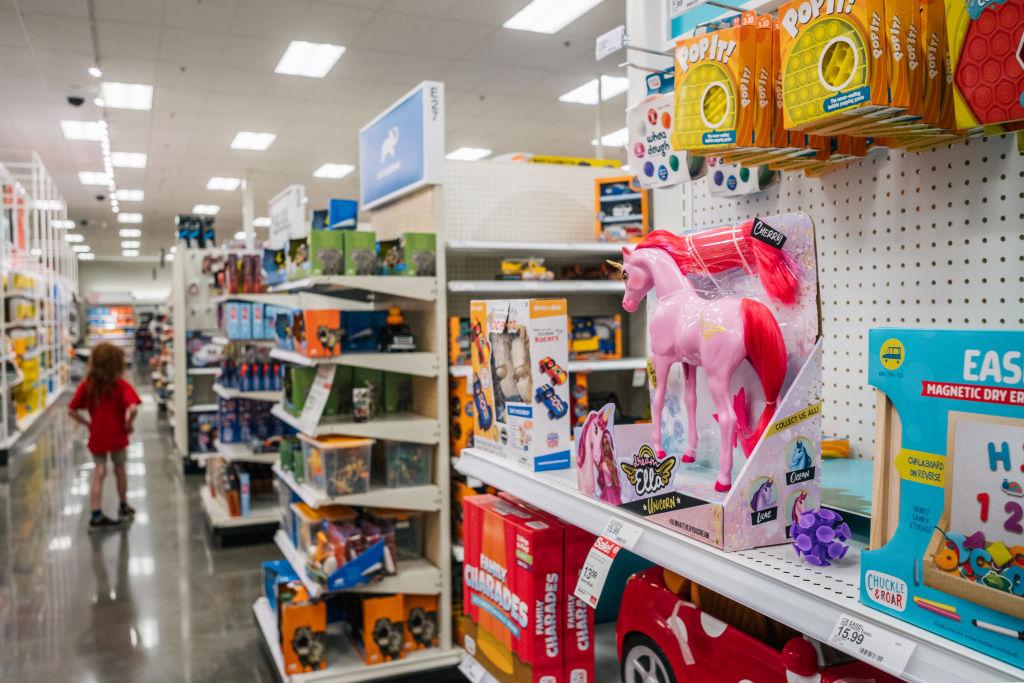A new study out of the University of Toronto has found that a group of toxic chemicals called short-chain chlorinated paraffins (SCCPs) are present in a wide range of indoor products purchased in Canada, even after being prohibited under the Canadian Environmental Protection Act in 2013.
“SCCPs were detected in 84 of the 96 products purchased in Canada after 2013 including electronic devices, clothing, plastics (toys), and paintings,” the study’s authors said in a paper published on Tuesday in the journal Environmental Science: Processes & Impacts.





